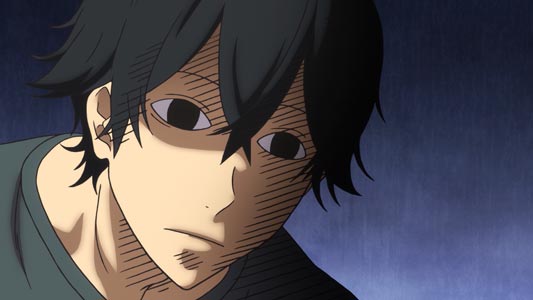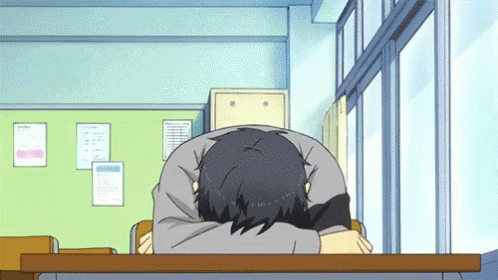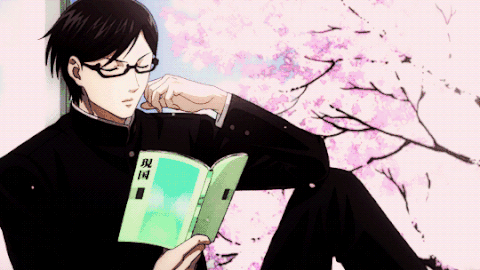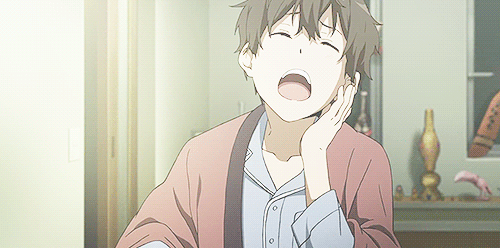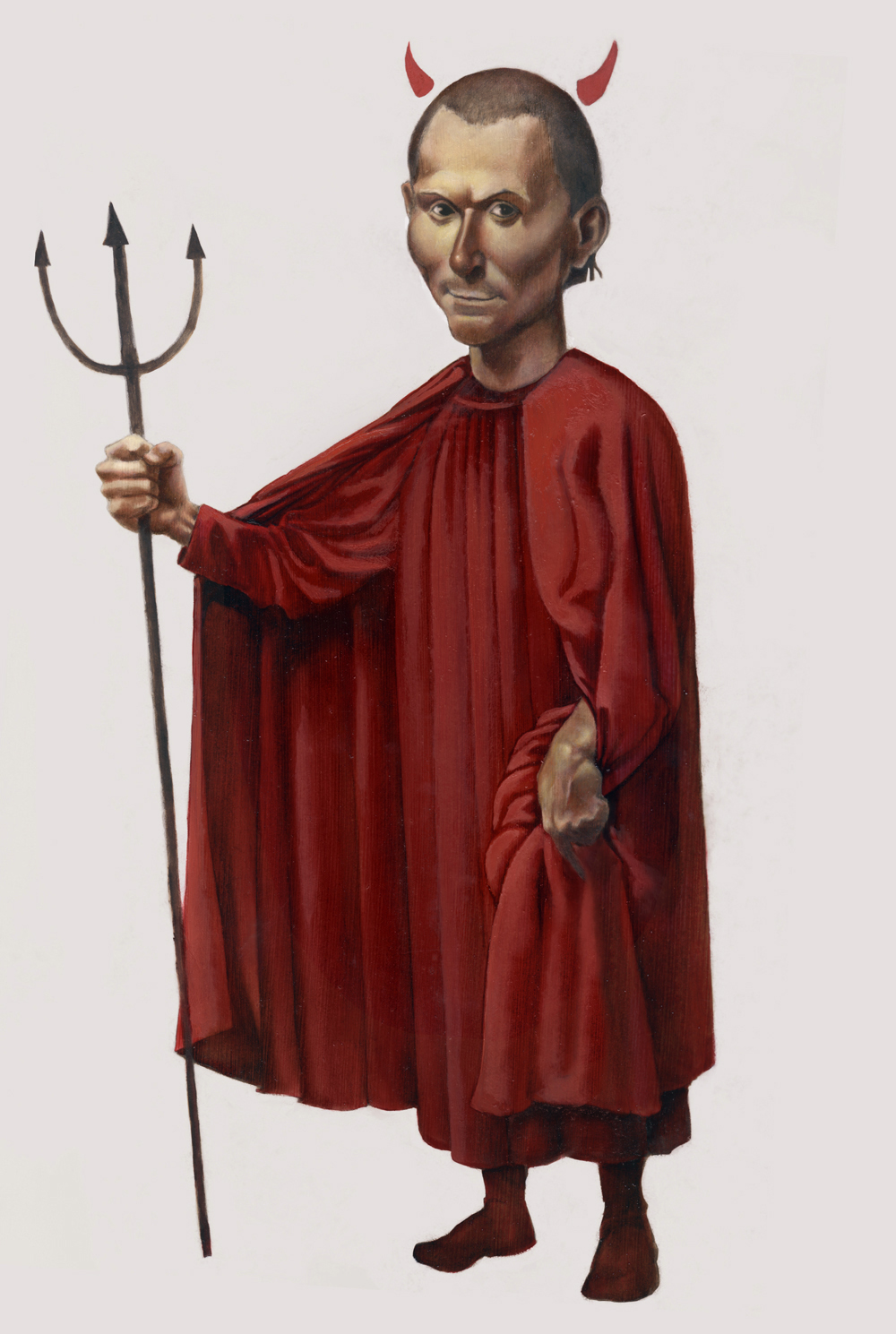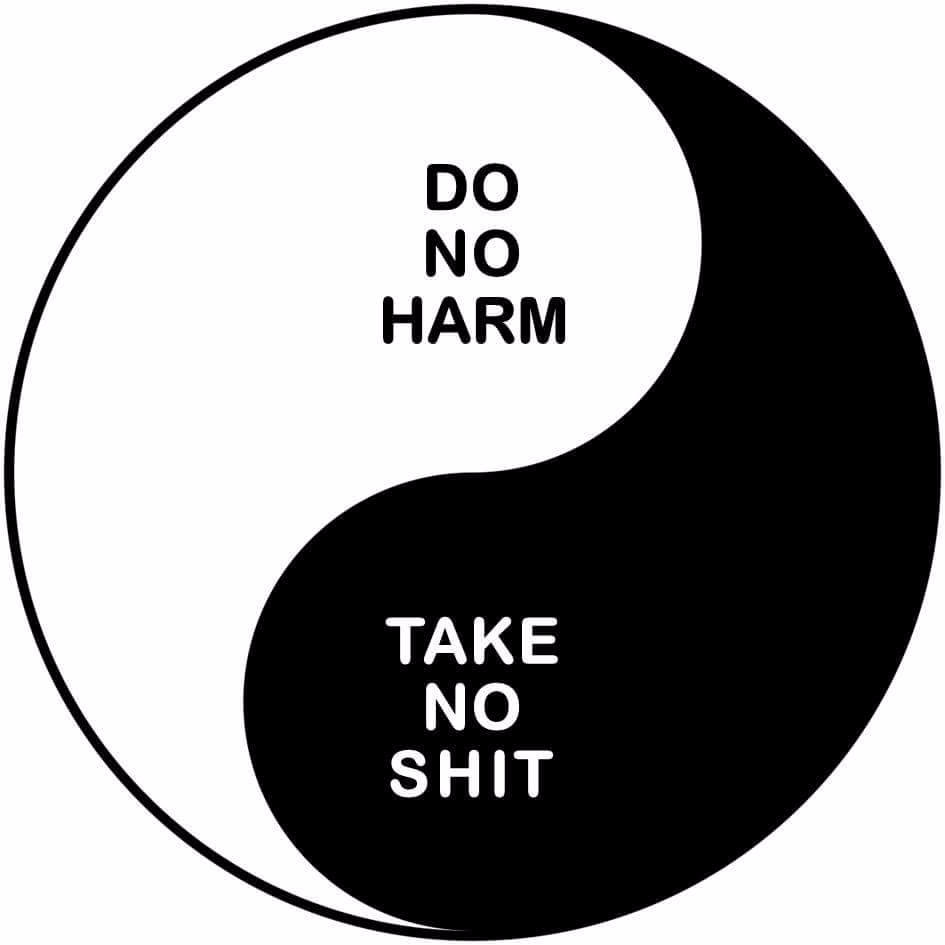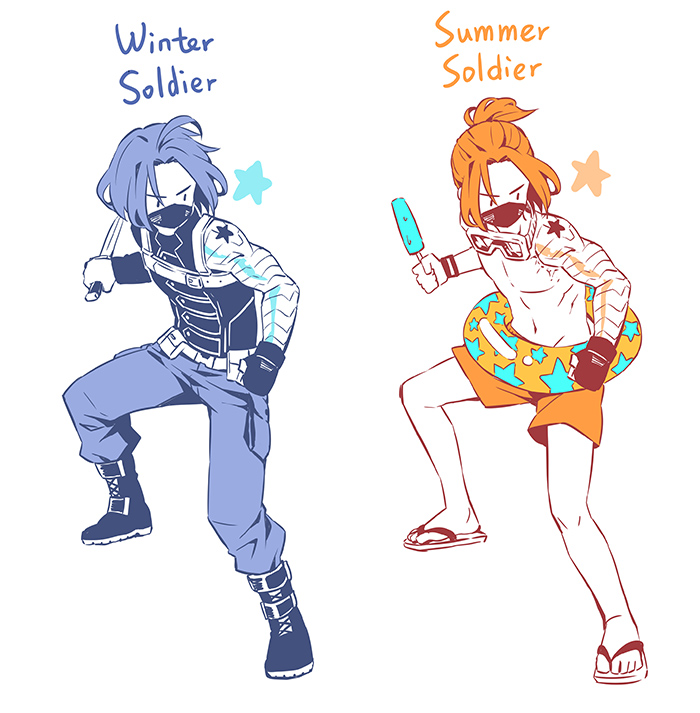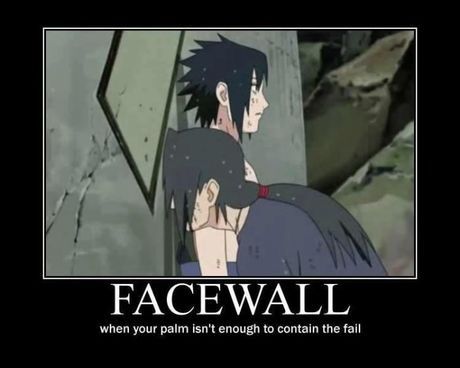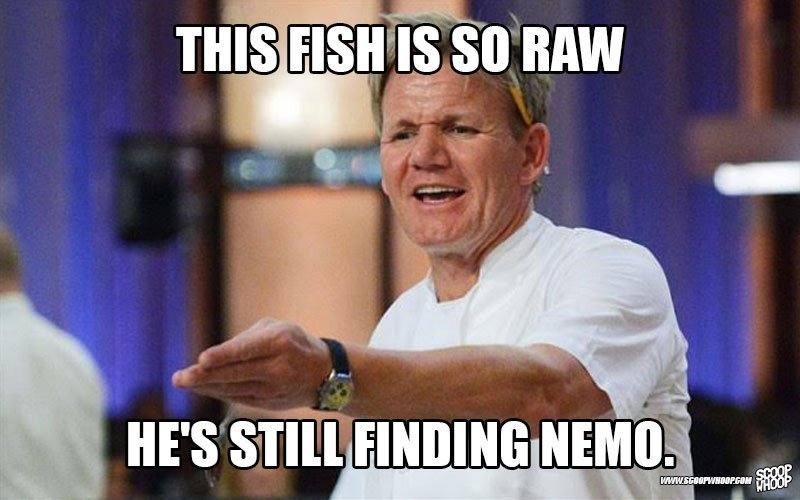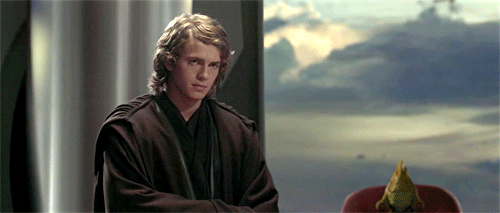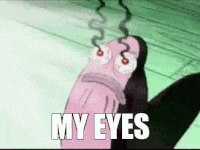Paper? Check. Pencil? Check. Eraser? Check. Drawing table? Check. Now, what do I do? Well, you draw.
Sounds simple enough, but it’s easy to put in action. The greatest challenge beginner artists face as they embark on their creative journey, be it as a hobby or as a long-term professional goal, is finding an answer to the big fat question staring back at them from a blank sheet of paper,
WHERE THE HECK DO I START?
The worst part about this question is in trying to find an answer you can easily fall into a rabbit hole of opinions, comments, and suggestions from various professionals in the field. All that information, coming from so many different directions, can leave one confused and stressed. I’ve been there and it took me nearly two years to get out of that cycle and find my own path toward my creative goals.
To start, the most common advice you get to hear is, to begin with the fundamentals. This covers everything from learning how to draw with lines, shapes, forms, adding value and texture, alongside a slew of other things like perspective, figure drawing, etc. While this approach works REALLY well for a lot of people, it isn’t necessarily the ONLY recipe for success.
When I started, I took this advice wholeheartedly and went hardcore on learning all the fundamentals. I sat there deconstructing my subjects into forms, practicing my lines, shading, and a lot more. But, after a while, the whole process felt tedious and, to be honest, boring.
I reached out to the community. I read about what other artists had done, and in most cases, the answer I got back was to keep pushing on. Practice makes perfect and that is true. Every artist and mentor I reached out to had the right idea but there was something more to their advice that flew completely under my radar.
After nearly a year of inconsistent progress, I took a step back to get some perspective. I gradually recognized that just as much as art is a subjective medium, so too is the process or path that one takes toward becoming an artist. There is truly no RIGHT way that works for all.
This doesn’t mean practice doesn’t make perfect or that learning the fundamentals doesn’t help. Rather, how one goes about learning the fundamentals or gearing practice sessions to their needs and interests can make an enormous difference in maintaining enthusiasm and commitment to their goals as an artist.
My initial approach had focused too hard on perfection and too fast on success and so much so that I never really got anywhere with it. I purchased a good chunk of reference books, looked up a lot of online resources and courses, practiced the fundamentals, jumping from one lesson to another, and only ended up being overwhelmed.
Taking a step back helped me realize there was nothing wrong in starting with what I liked to draw and slowly building out from there. In due course, I recognized the skills I needed to tackle different aspects of my projects and artwork while gauging it against the work of other established masters in the field.
Adopting what I considered a “project-oriented” approach, I redefined my artistic lessons based on my personal goals: to take the scripts and stories I write and bring them to life through art. I wanted to enhance my writing through art. And using that art, I wished to work toward a possible long-term goal as an animation director. [I have backups too in the form of a comic book artist]. I finally had a direction.
Having identified my destination, I was able to pinpoint the relevant skills I required to start my journey. The fundamentals were certainly important, but more so than that, was also the need to draw consistently. Revisiting the references I had scoured through earlier, I slowly put together a solo artist program (currently in progress and under continual development) that not only met my specific interests (from the types of drawing media I gravitated to, the styles, etc.) but also enabled me to learn my fundamentals through projects of my own liking.
While this approach is highly subjective to my personal goals, they gather inspiration from other artists in the field whose courses I have followed and who provide a great bunch of online resources that all beginner artists can follow. Thus far, I can say that I have found great success and motivation to keep up with my goals.
So, from this noob artist here to my awesome readers out there, if you are much like me (or otherwise) and prefer a project-oriented approach that also enables you to tackle and learn the fundamental skills necessary, my advice would be to start by identifying your personal goals for your art career.
Knowing a specific endpoint, no matter how far down the timeline, that you are aiming for can really help get you started in identifying the skills you need. This helps build focus and also avoid stretching yourself too thin.
Following this, use projects or subject areas that interest you as a platform to build your fundamentals in an iterative but dynamic learning process. For example, if you love drawing animals and love pen-and-ink as a medium, there is nothing wrong in structuring your studies to focus within that medium and build out from there.
You can begin by learning how to deconstruct animals into basic forms and build out the animal’s physical structure using lines. As pen-and-ink is a “linear” medium, you then get to add to the details using various kinds of line strokes. Through each step, you learn something fundamental and you get a drawing done.
Most importantly, recognize that it is completely OK if you are not satisfied with your end product. It is OK to fail. Just don’t dwell on it. Continue onward to another subject and work on what you missed the last time around. In what is a constructive and iterative process, you get to hone your skills regularly while also enjoying the process.
Using this approach protected me from getting overwhelmed by the resources out there and learning effectively in a piece-wise fashion. An apple a day keeps the doctor away. Similarly, learning one small facet a day, be it as simple as looking at subjects and deconstructing them into primitive forms, IS progress and can really keep your doubts away. Trust in the process! After all, you made it out of your own willingness to improve.
On that note, I will see you next in Chapter 2, where I share my experience of the first two months of my solo artist program, the courses I have undertaken, and some awesome resources that all beginner artists must indulge in.
And, as always, don’t forget to follow my artwork at LockeInArt on Instagram!

